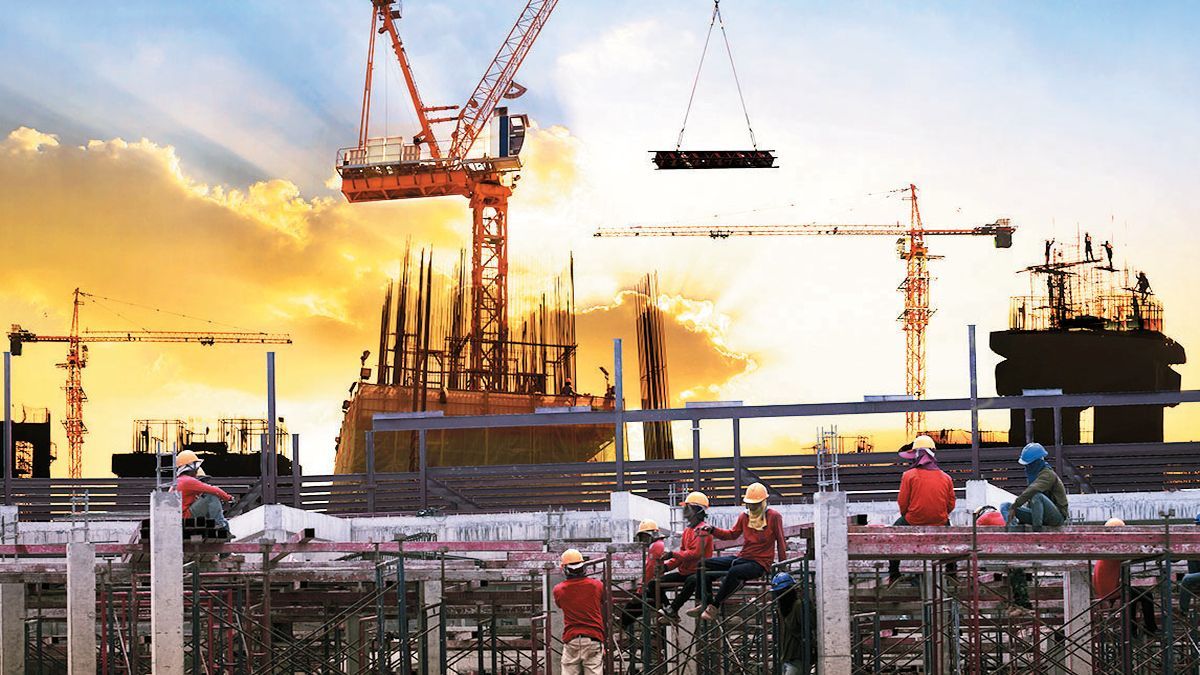To this end, he designed a work plan that included raising funds through the “repatriation of funds without asking many questions” and prior payment of a special tax, granting benefits in the personal property tax for investors who make investments until December 31, 2022. The results were not as expected. What is striking about this new bill, which has just been approved in the Senate, is that it only focuses on fundraising and special tax. But it does not refer to what happens with the investments made since the publication of the rule, it does not talk about the extension of the term to make them, nor if the investors will enjoy the same benefits as those who made investments with the original law.
From this point of view, we believe that the results will not be the ones expected by the Government, because it will not be easy to get the investors allocate funds to these projects, at least until they are regulated by the Executive Branch, the AFIP and the BCRA and clearer regulations are established in this regard.
On the other hand, with a depressed real estate market due to inflation levels, price uncertainty and poor economic conditions in the country, the return of the investment neither will it give convenient results for investors.
And in relation to job referred to in chapter II, is a good measure to regularize employment and gradually abandon the subsidy system. However, the rule ensures that those holders of current national social and employment programs -or those that are instituted in the future- that are hired within the framework of the Argentine Federal Construction Incentive Regime and Access to Housing, Law 27,613, complying with the conditions required by this rule, they may continue to receive the benefits and benefits granted by said programs for a period of one year. Namely, Apparently they will receive the salary for working in this regime and will also receive the benefits of the program.
Can the concept of “money laundering” from the tax point of view be considered an incentive to non-compliance?
Laundering, as a fundraising tool in a globalized world where investments are housed in countries that have tax, customs and other advantages, is not in itself an incentive to default. But the abuse in the use of this tool is.
In recent times, in Argentina it was a resource widely used by the rulers who took power. And even applied more than once during the same term. In a country where not paying taxes does not have significant immediate consequences and where this tool is often used to collect, it could clearly lend itself to speculation by taxpayers.
The most serious problem of money laundering (and for this reason it is highly questioned at present) is that capital can be leaked that comes from illicit activities, combated in all countries by governments so that the development of this type of activity is not encouraged.
Text prepared jointly by Javier Fuentes, TAX Manager of PGK Consultores, and Martín Ojeda, partner of PGK Consultores.
Source: Ambito




